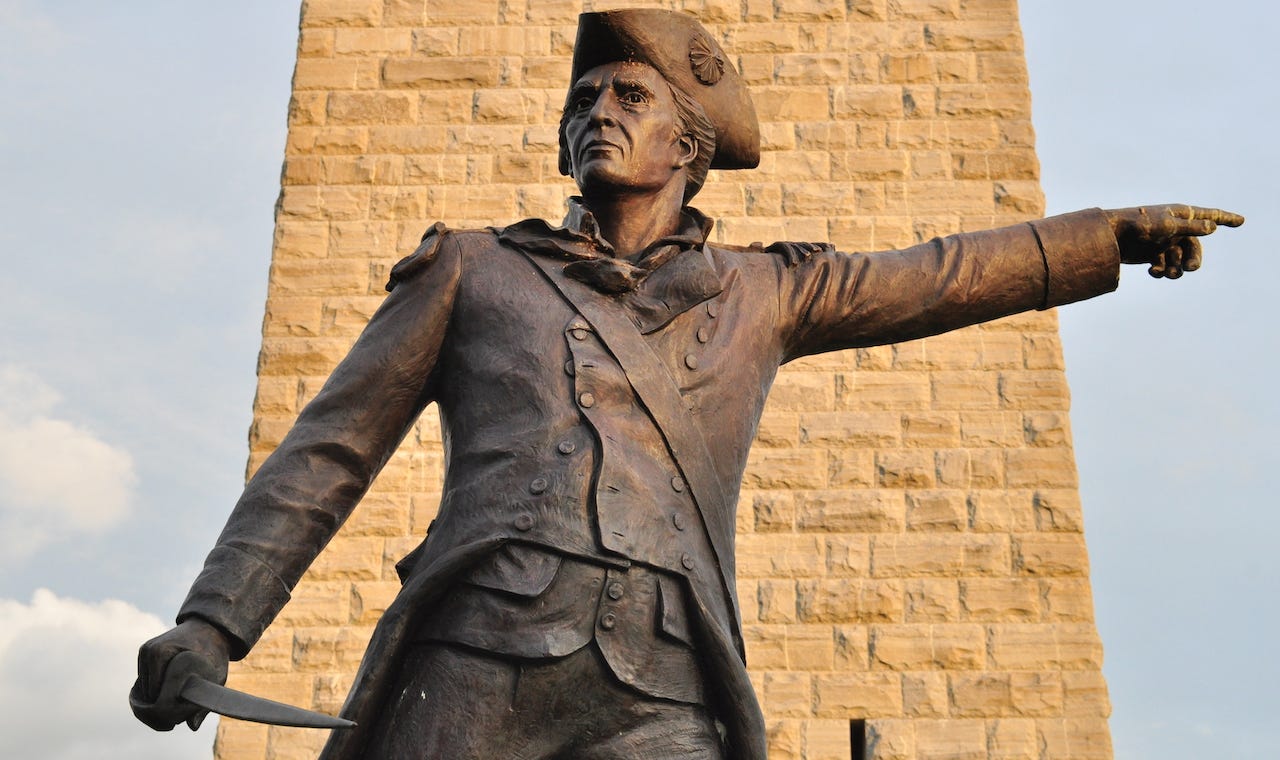General John Stark played a tremendous role in winning America’s independence, yet he is virtually unknown today. In 1809, though the two men had never met, President James Madison wrote to Stark in recognition of “the part you bore as a hero and a patriot in establishing the independence of our country.”1 More than a quarter century after the Revolution…
Keep reading with a 7-day free trial
Subscribe to The Objective Standard to keep reading this post and get 7 days of free access to the full post archives.


